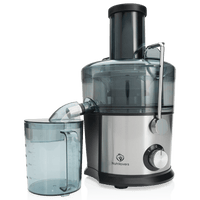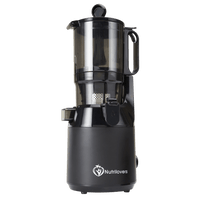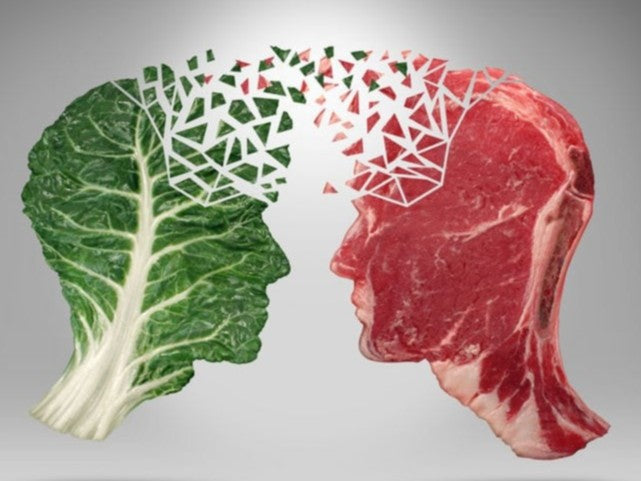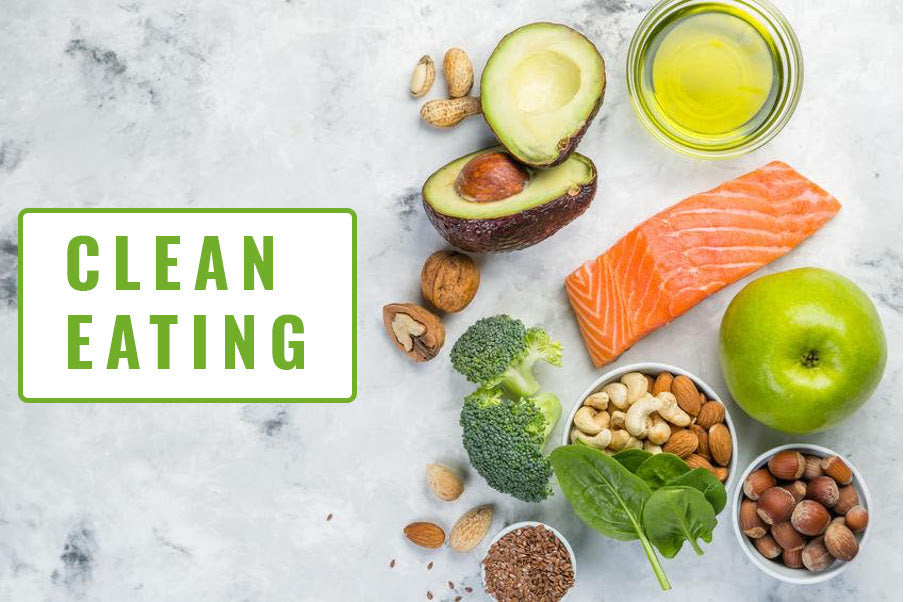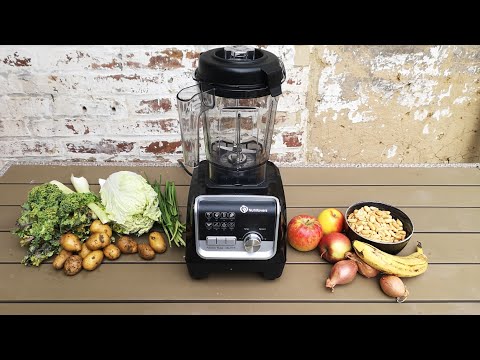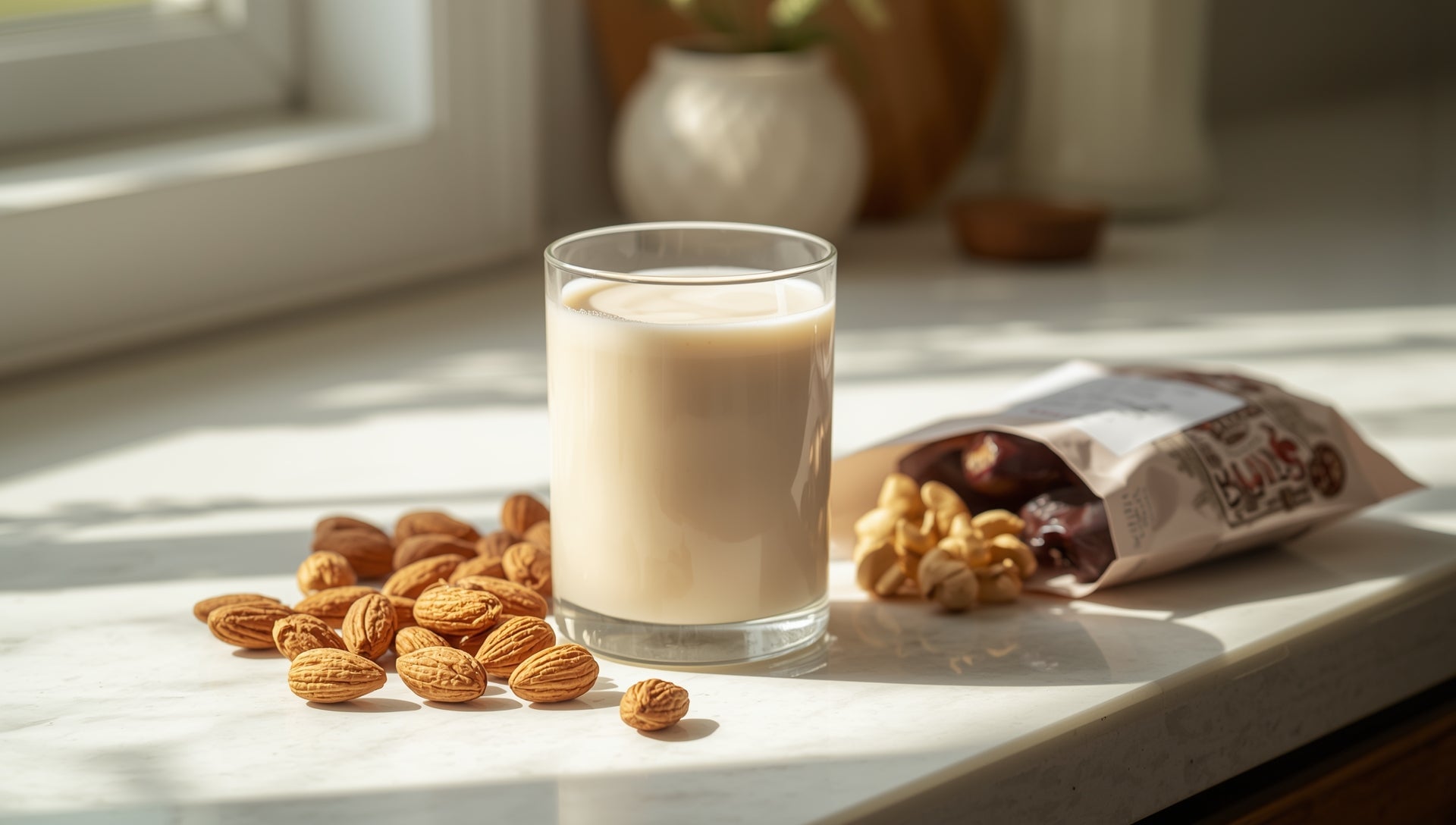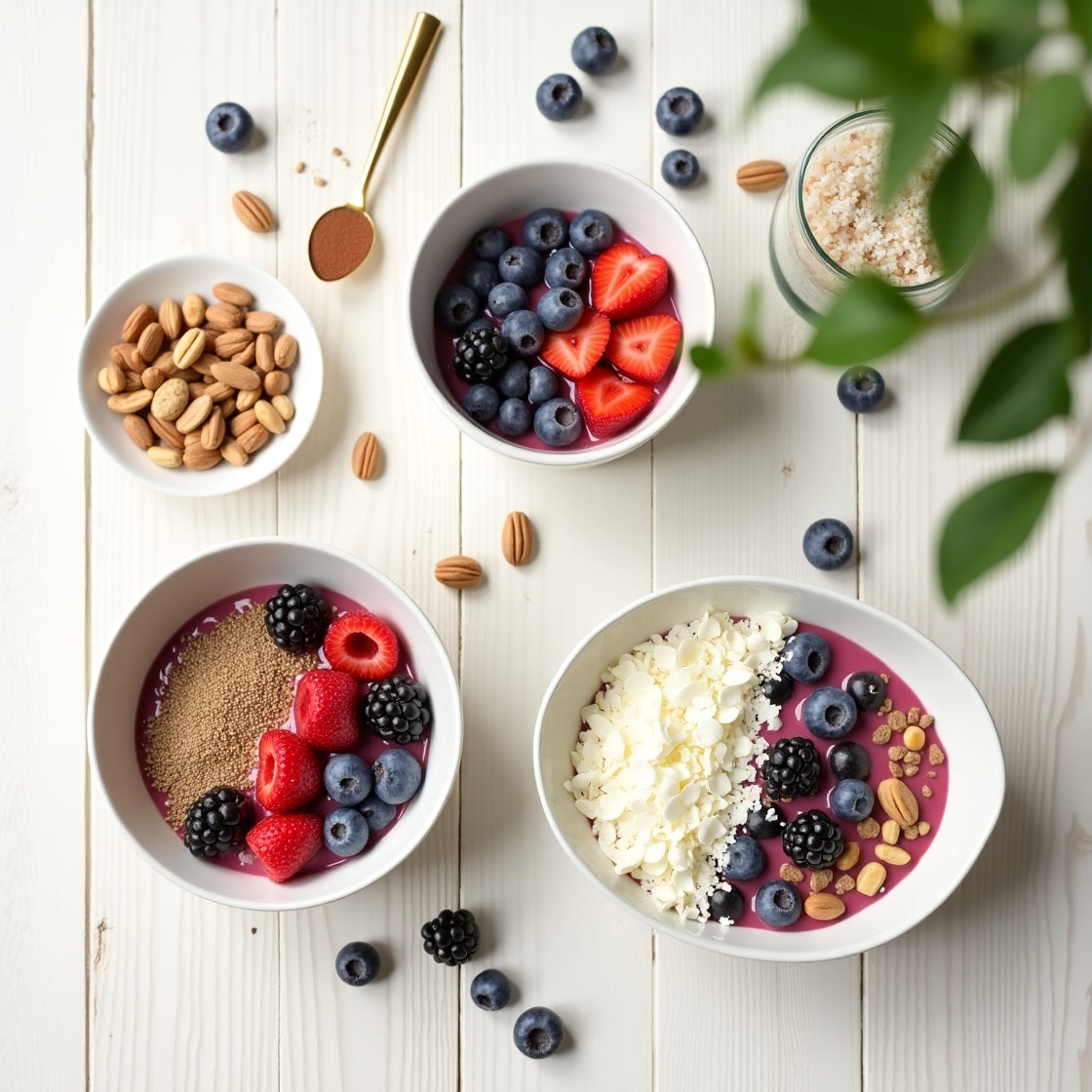Tips for omnivores and vegans for a relaxed coexistence
When a group of ten people meets these days, it's likely that five different nutritional philosophies will collide. Some follow a low-carb diet , others follow a carnivore diet , still others strictly avoid sugar, some are vegetarians , some are vegan, and still others don't care at all about their diet and simply enjoy fast food , pizza, burgers, and the like. That's a good thing, because it only underscores the diversity of people.
In recent years, however, veganism has increased dramatically. These people have a variety of reasons for this. Many adopt a vegan lifestyle because they feel compassion for animals and no longer want to support the exploitation of these creatures. Others find their way to veganism through yoga, Buddhism, and spirituality, as abstinence from meat and animal products is absolutely essential in this community. Others have chosen to do so for health reasons, and films like "Game Changer" and "Forks Over Knives" have further boosted this healthy eating trend.

What do omnivores think about why someone has chosen veganism
Many omnivores, especially those of the younger generation, think that vegan diets are a fad. People who abstain from meat and animal products are often accused of trying to push themselves into the spotlight with their new, vegan diet.
Some also think that vegans are simply disgusted by meat and simply don't like to touch or prepare it. But generally, people don't think much about the whys and wherefores. However, conflicts arise when the respective parties are not tolerant.
What omnivores shouldn't say to hurt vegans
"You're eating my food" may sound funny to omnivores, but vegans probably hear this joke three times a day and are rather annoyed by it.
Even the supposedly well-intentioned advice that one would consume too little protein without animal products does not contribute to the best mutual understanding.
Concerns that a vegan diet is too one-sided and not balanced enough are also long-standing. People who follow a meat-free diet usually put a lot of thought into a healthy diet. Therefore, their menu is carefully planned and balanced down to the last detail.
Things you should avoid as a vegan to be accepted as much as possible
Nobody likes missionaries and preachers. If you abstain from meat and animal products, that's good and certainly healthy. However, it's your own decision. You are not responsible for ensuring that others also eat healthy .
You can, of course, talk about your healthy diet, but not all the time. Vegans tend to always return to their favorite topic. Unfortunately, this is often unrelated and almost intrusive. Whether you're talking about your last vacation in Greece or the latest fashion, the conversation always ends up turning to veganism.
It's also not appropriate to speak disparagingly about schnitzel, roasts, and the like. You don't like them and you don't have to eat them. However, it's not your place to disparage your friends and acquaintances about their favorite foods. That's simply not appropriate. And you don't want the opposite, either.
The 5 most frequently asked questions about vegans
1. Where do you get your protein from?
Legumes such as chickpeas, lentils, beans and peas are a great source of protein.
2. Why do you eat meat substitutes if you don't like meat ?
Many non-meat eaters avoid meat and animal products for health reasons or because they don't want to support animal suffering. This doesn't mean they don't miss the taste of meat from time to time. Therefore, it's legitimate to consume a plant-based burger or vegan sausage from time to time.
3. Don’t you drink milk either?
No, those who choose a vegan lifestyle also avoid milk and all dairy products like cheese, whipped cream, and butter. However, there are great alternatives, and whether soy milk, coconut cream, or vegan cheeses made from cashews or almonds are absolutely delicious.

4. Why don't you eat honey?
Since honey is not a vegan product, it is not eaten by people who have chosen this lifestyle. Bees have to work very hard to produce honey, and the honey industry, in particular, exploits bees heavily. By adopting a vegan diet, you want to make a general statement and stop exploiting animals. This isn't limited to the meat or dairy industries, but also extends to eggs and honey.
5. Isn't your menu terribly boring?
No, quite the opposite. A vegan diet is colorful and varied. There are so many options, and whether it's various curries, rice dishes, or noodle dishes, crisp salads, or unusual seitan meals, you can prepare at least as many dishes with meat-free products as with meat. Seitan, tofu, and tempeh, in particular, can be used to prepare all the dishes that normally require meat. A meat-free diet certainly doesn't mean deprivation, and boredom is guaranteed to be a thing of the past in vegan cuisine.

Tips for vegans and omnivores on how to get along
Mutual tolerance and acceptance is the key here.
GOAL: To give omnivores more confidence in interacting with vegans and avoid tense situations. No one should disparage another's food. Tastes differ, and if we accept that, nothing stands in the way of a smooth coexistence.
Just as a carnivore shouldn't pressure a meat-free person into eating steak, a vegan shouldn't constantly pressure an omnivore into finally trying that oh-so-great seitan schnitzel. Everyone should be allowed to retain their free will and their own freedom of choice.
However, it's an absolute no-go to try to force-feed someone something that doesn't align with their beliefs. It's not funny to offer meat to someone who doesn't want to eat meat and claim it's a meat substitute.
How can tense situations be avoided?
When eating out:
You can search online together for restaurants that also offer meat-free dishes. You could also call the restaurants in advance and ask about meat-free options.

Inviting vegans to dinner at home
Anyone inviting vegan friends over needs to do some research beforehand. But these days, that's no longer a problem. The internet is full of delicious, meat-free dishes that can be recreated in no time. It's even fun to step off the beaten path and explore new paths outside your comfort zone.
Only vegan or also vegetarian?
This is an important question when hosting a party. Cooking vegetarian is very easy, as a delicious vegetable casserole topped with cheese is delicious even for omnivores. However, those who choose the vegan route also avoid dairy products. A compromise must be made here. However, there is also vegan cheese that melts beautifully and is perfect for gratinating.
What to do when visiting family?
Especially within the family, you should be able to talk openly about your needs. However, if your parents or relatives are so adamant about their meat-based meals, simply bring a smoothie or juice with you. You can use a slow juicer to make delicious juices and take them with you in a bottle. They'll fill you up, too, and you won't sit there hungry watching others eat. You can also conveniently bring a shake salad or a sandwich with you. Maybe you can let others try it and inspire them.

Does meat-free always have to be the topic?
No, absolutely not, even if it's very important to you. Just as you don't want to be constantly teased about your vegan lifestyle, omnivores don't want to be constantly reminded of how unhealthy their diet is.




